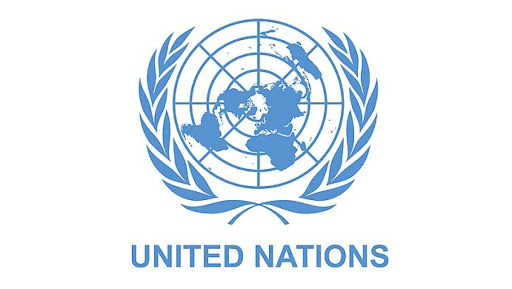MADRID: Lights slowly returned across Spain and Portugal early Tuesday after a massive blackout plunged the Iberian Peninsula into chaos, halting trains, trapping hundreds in elevators, and severing phone and internet services for millions.
Spain's national grid operator REE reported that more than 80% of the country's power supply had been restored by early morning. Electricity was also coming back on in Madrid and Lisbon.
Few areas of the peninsula—home to nearly 60 million people—were untouched by the outage. Although wild rumors of cyberattacks circulated on social media, no official cause has yet been confirmed.
Portuguese Prime Minister Luís Montenegro said the outage "probably originated in Spain," while Spanish Prime Minister Pedro Sánchez urged caution against speculation, warning about the risks of misinformation. Sánchez revealed that about 15 gigawatts—over half the power in use at the time—vanished within just five seconds.
Sánchez could not guarantee full restoration by Tuesday and indicated some employees would need to stay home. Montenegro, meanwhile, promised power would return to nearly all Portuguese households within hours. By early Tuesday, electricity had been restored to 6.2 million out of Portugal’s 6.5 million households.
The blackout briefly extended into southwest France and caused internet disruptions and airport issues in Morocco.
In Madrid, stunned commuters like 19-year-old construction worker Carlos Candori were forced to abandon halted metro trains. "There's no phone coverage—I can't even call my family or go to work," he told AFP.
Panic in the Streets
Across Spain and Portugal, anxious citizens lined up at banks to withdraw cash, clogged streets in search of a mobile signal, and crowded taxi stands and bus stops. With traffic lights out, police struggled to manage gridlocked roads, and authorities urged residents to stay off the streets.
Madrid alone reported 286 rescue operations to free people trapped in elevators. Trains across the country ground to a halt, with the transport minister confirming that late Monday, 11 trains still had stranded passengers needing assistance. Major rail stations in Madrid, Barcelona, Bilbao, Valencia, Seville, and other cities were kept open overnight to shelter those affected.
As a safety measure, Spain’s nuclear power plants were automatically shut down, though diesel generators kept critical systems running safely, according to the Spanish Nuclear Safety Council (CSN).
Wide-Reaching Impact
Sánchez said the midday blackout caused "serious disruption" for millions and inflicted "significant economic losses" across businesses, industries, and services.
The European Commission stated it was in contact with Spanish and Portuguese authorities. European Council President Antonio Costa confirmed there were "no signs of a cyberattack." Meanwhile, Ukrainian President Volodymyr Zelensky offered support to Sánchez, citing Ukraine's experience defending its power grid against repeated Russian attacks. "No matter what happens, we are always ready to assist and support our friends," Zelensky wrote on X.
Air traffic was also disrupted at major airports in Madrid, Barcelona, and Lisbon, according to Eurocontrol.
In Barcelona, the blackout left locals and tourists wandering through powerless streets. "When the internet didn’t come back, they told us to leave school—but there weren’t any trains either," said student Laia Montserrat. "Now we don’t know what to do."
Internet activity in Spain plummeted to just 17% of normal levels, according to monitoring site NetBlocks. Hospitals relied on backup generators, but some units still suffered outages, Spanish newspaper El País reported.
Global Context
Massive blackouts have affected other countries in recent years, including Tunisia (2023), Sri Lanka (2020), Argentina and Uruguay (2019), and India (2012). Europe itself experienced a major outage in November 2006, affecting 10 million people across France, Germany, Belgium, the Netherlands, Italy, and Spain, after a grid failure in Germany.




